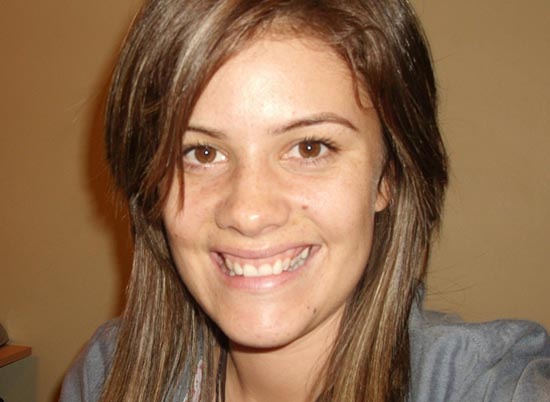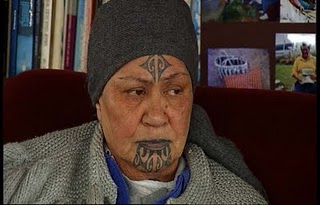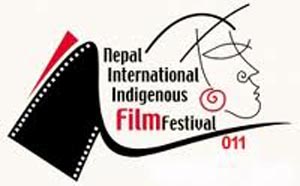
Telling stories that empower Māori and continue to make their voices heard was the influence behind the award-winning documentary Makings of a Kaitiaki, which will be shown at the 2011 Nepalese International Indigenous Film Festival later this month.
“As a Māori filmmaker, I feel an obligation to represent Māori stories in a way that is genuinely concerned with the wellbeing of Māori that does not misrepresent the views imparted onto me by taking them out of context”, says filmmaker Sophie Johnson.
Johnson, of Ngai Tuwharetoa and Ngapuhi descent, made the 12 minute film as the final project for her Bachelor of Communication Studies in 2009. Makings of a Kaitiaki won the Pacific Media Centre prize for Best Student Film at the Flavorz09 Māori, Pasifika and Diversity film festival at AUT University in 2009, the TV3 award for Best Video Production in 2010, was screened at the AUT International Indigenous Film Festival and was selected to screen at the Te Mahurehure and Wairoa Maori film festivals last year.
Makings of a Kaitiaki won the Pacific Media Centre prize for Best Student Film at the Flavorz09 Māori, Pasifika and Diversity film festival at AUT University in 2009, the TV3 award for Best Video Production in 2010, was screened at the AUT International Indigenous Film Festival and was selected to screen at the Te Mahurehure and Wairoa Maori film festivals last year.
This will be the first time the film has screened overseas.
The film tells the story of Nganeko Minhinnick, who Johnson had known personally for 5 years before the documentary was made.
“I knew she [Minhinnick] had some amazing stories to tell. I had been told that she had declined to be filmed by some major broadcasters in the past, and it was because of my personal connection to her that she agreed to participate,” says Johnson.
Story to be told
“The film was framed around this story about kaitiakitanga (guardianship) and how she came to be kaitiaki (guardian) of the Ngati te Ata area. This was a story that had not been told before, and which needed to be told to future generations.” The struggles of indigenous peoples to have their voices heard and their stories told is a key issue that is addressed by the Indigenous Film Archive (IFA), a Nepal based group of indigenous film makers, film journalists, actors, sociologists and activists, who established the Nepalese International Indigenous Film Festival in 2007.
The struggles of indigenous peoples to have their voices heard and their stories told is a key issue that is addressed by the Indigenous Film Archive (IFA), a Nepal based group of indigenous film makers, film journalists, actors, sociologists and activists, who established the Nepalese International Indigenous Film Festival in 2007.
Creating a forum for interaction and dialogue between multicultural groups and developing a market for indigenous films rate highly among the goals of the IFA, and their stated purpose is to support indigenous peoples and nationalities to conserve and promote their cultures, languages, religions, customs, traditions and wisdom.
Encouraging indigenous filmmakers, and indigenous topics, is important to Johnson, who is currently studying towards a Master of Communication Studies. She is writing her thesis on the relevance of Māori documentary on New Zealand’s state-owned broadcaster Television New Zealand.
She hopes to be able to attend the screening of her film in Nepal, and acknowledges her whanau and the University for their support and encouragement.
Thirty four films from 16 countries have been selected for the 2011 Nepal International Indigenous Film Festival, which is dedicated to “the indomitable spirit of the indigenous woman”.
Johnson says it is a theme she identifies strongly with through her experiences with Minhinnick.
“Her spirit, like many Māori women, is indeed indomitable, and may be explained in the Maori proverb: Ka whawhai tonu matou mo ake, ake, ake! (We will continue to resist forever more)”.
* Tanya Ruka, a documentary maker from the School of Art and Design, has also had her film accepted for the festival.
Makings of a Kaitiaki doco selected for Nepal film festival



